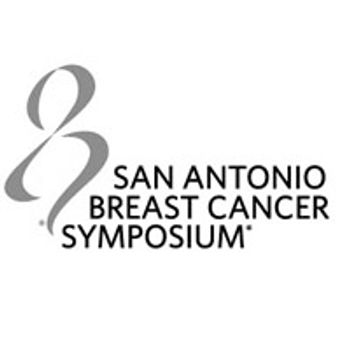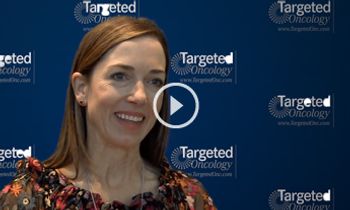
According to a pooled analysis of neoadjuvant trials presented at the San Antonio Breast Cancer Symposium, a pathologic complete response to HER2-directed neoadjuvant therapy reduced the risk of recurrence in patients with early HER2-positive breast cancer but did not eliminate it, supporting the common practice of continued anti-HER2 therapy.









